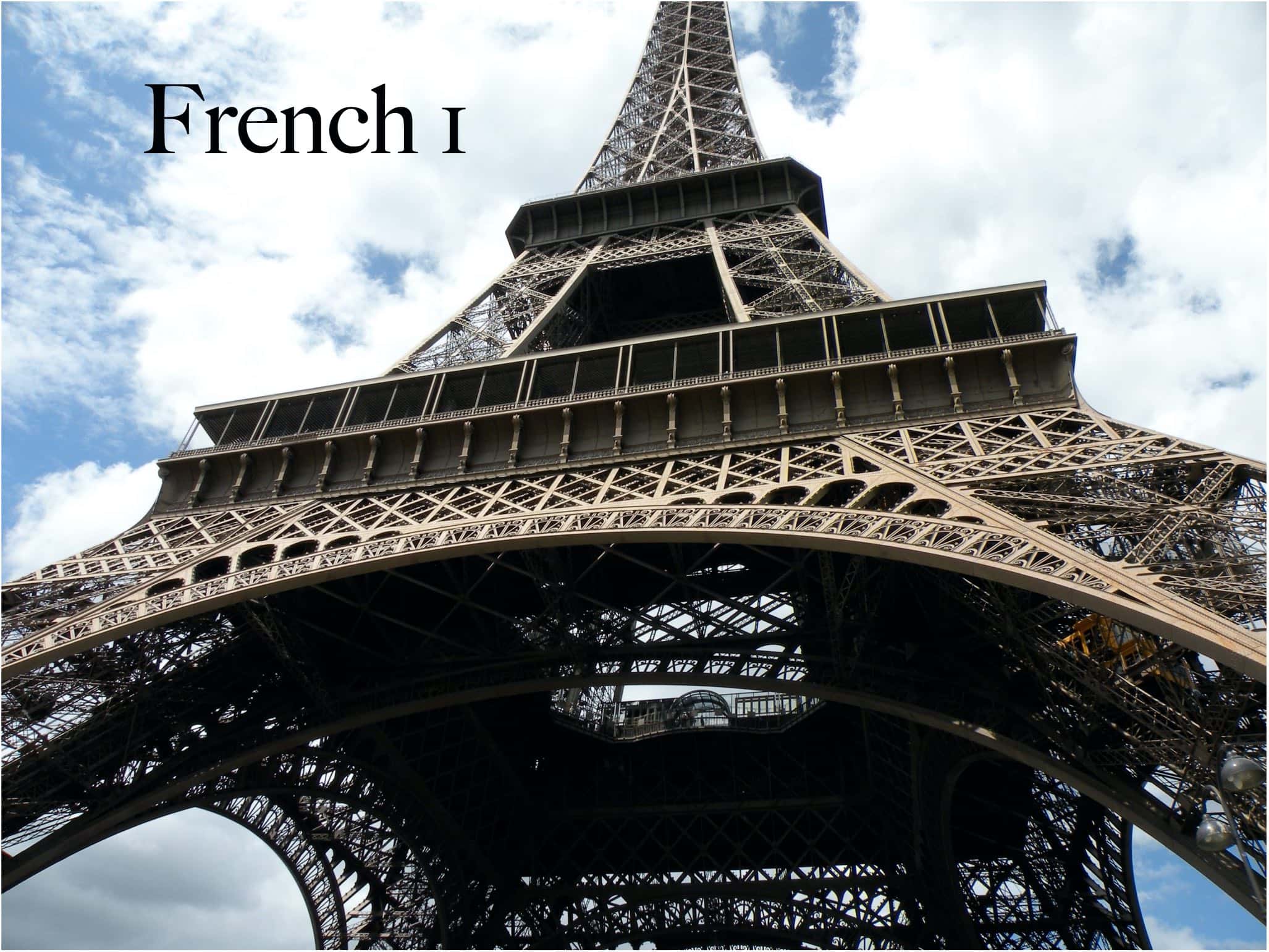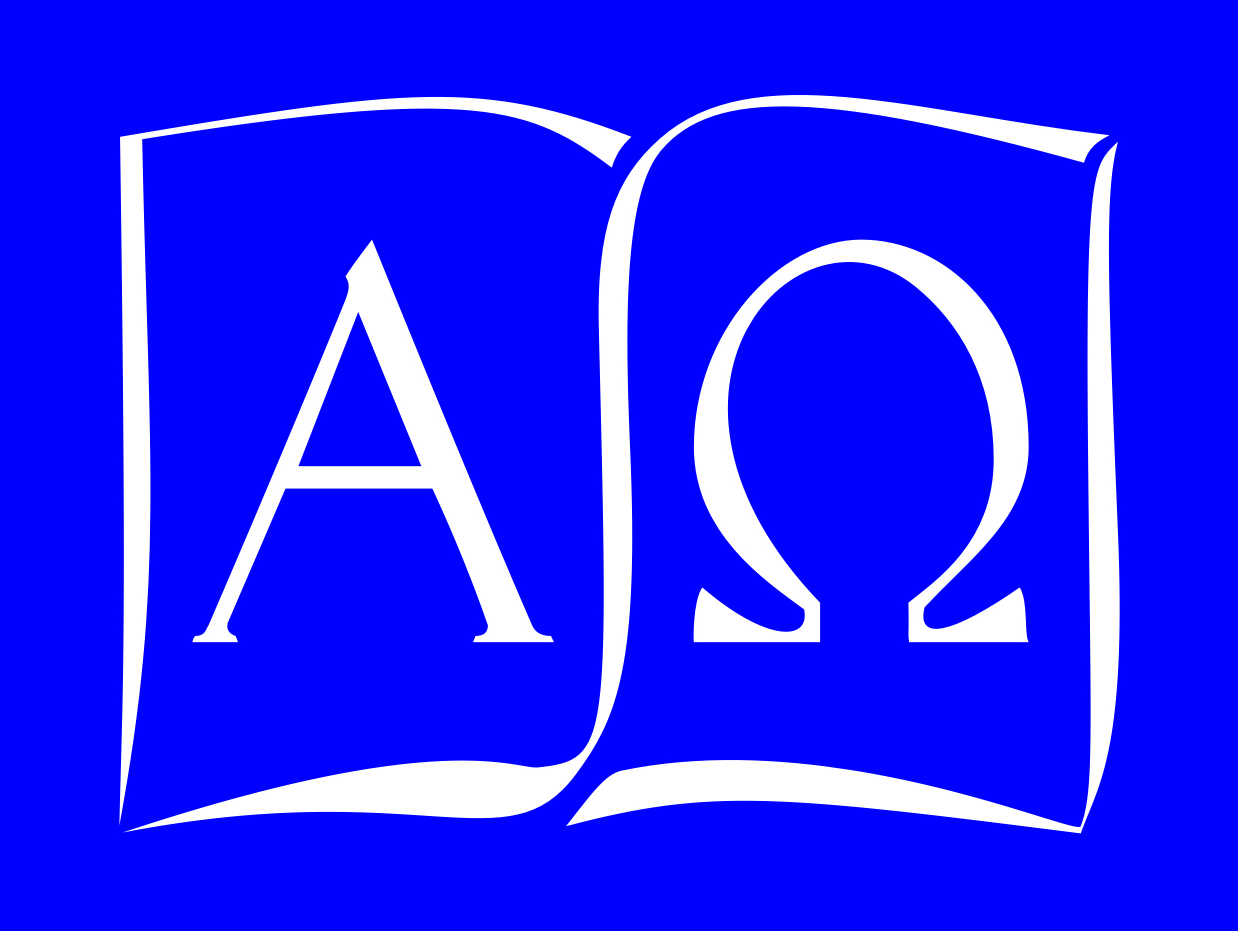Modern Language Courses Online
French Courses Online
 |  |  |  |  |  |
Scholars Online Modern Language Courses
Available Courses
Scholars Online is unable to offer modern language courses at this time. We are actively seeking teachers for Spanish, French, and German.
To enroll in any of our courses, log into your Scholars Online Account Management Center using the login link at the bottom of any page and select the member you wish to enroll. If you do not have an account, you may create one using the Becoming a Member link under Enrollment in the Navigation bar at the top of this page.
If you are interested in a course not yet offered for this year, please use the EMAIL US link below to contact Scholars Online Administration with your course request.
The Endless Possibilities of Language
We have offered early modern languages in past years, including Old Norse and Old English. Let us know what you'd like to see, and we’ll look into the possibility. It may seem ironic to refer to something that hasn't been spoken much since 1066 as a “modern language”, but this is the designation generally used in the academic world, which distinguishes modern languages as a group from classical languages (mostly Greek, Latin, and Sanskrit), and ancient near eastern languages (which would include things like Hebrew, Aramaic, Hittite, and so on).
Scholars Online supports modern spoken language instruction using Skype or Zoom.
Why Take French?
Modern French is spoken by thirty-three different countries which are found in Europe, Africa, Asia, Oceania, South America, and North America. French is the third most commonly spoken language in the United States. Many Americans learn French because France is associated with fashion, gastronomy, and tourism. While these are all important cultural and economic facets of France, the country has a very different image in Europe. The French are a people known for the importance they give to abstract thinking in the forms of philosophy and mathematics. It is a culture that has given the Western world many of its most influential philosophers and thinkers. France is home to cutting edge high-speed train and airplane technology as well as to 8 out of the 50 winners of the prestigious Fields Medal, which has been likened to a Nobel Prize in Mathematics. Young people who go to engineering schools are considered to be on the road to a successful career, no matter what field of work they eventually choose.
Speaking French opens up international travel, study, and work opportunities all over the world since only forty-two percent of French-speakers live in Europe. For young people looking for work in international institutions, in international relations, or in multinational companies it is an important skill. For undergraduate or graduate students who wish to explore academic programs outside of the United States, it can open up interesting opportunities. Finally, speaking French is interesting in terms of general culture as it allows for reading some of the great works of philosophy and literature in their original language.
The ultimate goal of this program is to help the student reach a functional level in the French language which will allow him or her to feel confident communicating in conversations with French-speakers and in travel situations. In addition, we hope that students will have access to written French for their personal development or studies. Finally, we hope that the students, with additional language classes on site, will feel ready to enter into an international study program or job. An immersion experience like this is the only way to become truly proficient in a living foreign language.
Why Take Spanish?
Derived from Vulgar Latin, the Spanish language had its beginnings in the arrival of the Romans in the Iberian Peninsula a few hundred years before the birth of Jesus Christ. Around 1000 A.D., Spanish became an independent language, with the Castilian dialect dominating much of the peninsula around 200 years later. Spanish was later brought to the New World in the 15th and 16th centuries, where it developed lexical, morphological, semantic, phonetic, and syntactical features that sometimes differed from those of the Spanish spoken in Spain (Castilian).
Spanish is currently spoken worldwide by more than 450 million native speakers and about 100 million non-natives. It is the official language of Mexico and Spain as well as many countries in Central America, South America, and the Caribbean. Due to the region’s colonial legacy, Spanish is also one of the official languages of Equatorial Guinea, in Africa. Today, Mexico is the country with the most native Spanish speakers, while the second largest happens to be… the United States! In the United States, Spanish is currently spoken as a native language by over 40 million people.
Students who study Spanish to mastery gain the capacity to use the language not only for work and travel, but also to form friendships, volunteer in their communities, and read works of literature without the need for translation including Don Quixote (Cervantes), One Hundred Years of Solitude (García Márquez), and many others.
Why Take German?
The language of Goethe, Mozart, and Kant, German is the second most spoken language in Europe with 210 million speakers world-wide. Modern High German, the dialect codified in the 19th century, is the official language of Germany, Austria, and Liechtenstein, as well as the co-official language of Switzerland, Belgium, Luxembourg, and the European Union. A descendant of the Germanic, German is a linguistic sibling to English and Dutch, and close relative to Danish, Swedish, Icelandic, Norwegian, and many more languages. Twenty-six percent of English root words and eight of the top one hundred most commonly used English words descend from Germanic! If you are among the fifty million Americans who claim German ancestry, learning German would be a chance to share in your own familial heritage.
Vital to the West’s intellectual and cultural heritage, understanding German opens up some of the greatest works on philosophy, art, and history to the curious student. You could enjoy the majesty of Bach as he intended, study the works of Kafka without barriers, and struggle with the challenges posed by Hegel. For those interested in Classics, the German language has a vibrant history of scholarship at your disposal. Not just a language of the past, speaking German gives one an advantage in our current day. Germany is the largest economy in Europe, with noted influence in the business development, science and research, and finance markets. Also, it is one of the most foreigner friendly nations in the world with scores of exchange programs and scholarships available for international students. If you are interested in student exchange, German is a fantastic option!
The objective of this course is the enrichment of the student through the focused study of the formal rules of language, the meaning of content, and German’s pragmatic use. The student of German will discover an expanding scope of intellectual, personal, and cultural experience. So throw on your Lederhosen be you male or your Dirndl if female , with a Schokolade candy bar in one hand and Bratwurst in your other, see how German can change your life.
 Scholars Online is fully accredited through the Middle States Accreditation Commissions on Elementary and Secondary Schools.
Scholars Online is fully accredited through the Middle States Accreditation Commissions on Elementary and Secondary Schools.
Hosted on Interserver


